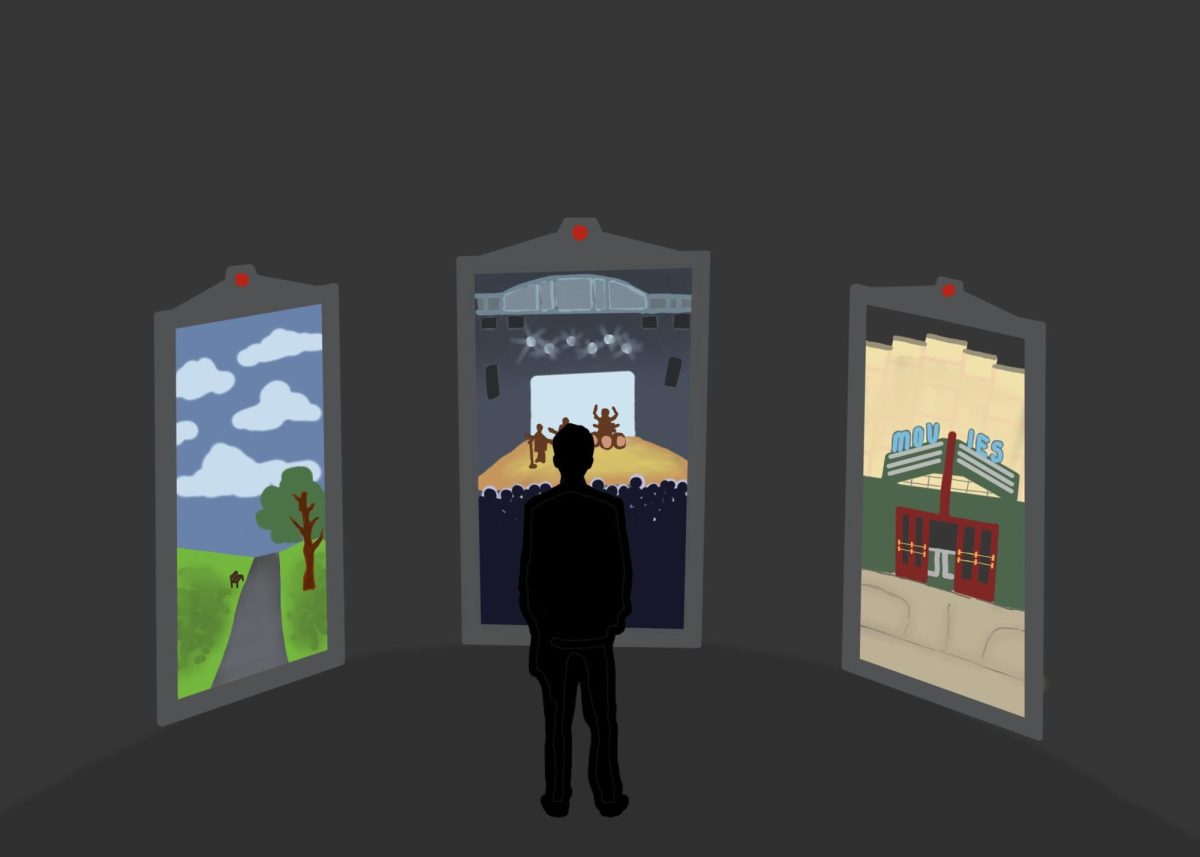The Texas Legislature is now in session, but you won’t see any bills being passed immediately.
While not every student has extreme interest in politics, learning a bit about how the system works can at least impress your political science professor. The session officially started on Jan. 13, and this year marks an important shift as Texas welcomes a new governor into the office after 14 years of Rick Perry.
For 140 days, Texas goes through the process of adding and refining laws. This hectic time happens every two years, and 2015 welcomes in the 84th legislative session. However, before bills actually become laws, a number of steps have to be checked off.
Before a bill is even introduced onto the House or Senate floor, it has to go through committee. You know the School House Rock song about the bill on Capitol Hill. Same rules apply on the state level. (If you don’t know what Schoolhouse Rock is, educate yourself.) The committee heads are assigned by Lt. Gov. Dan Patrick and speaker Joe Straus. Each bill is assigned to a committee based on subject matter, where it is reviewed, amended and sometimes stopped from ever entering the floor.
The Texas Constitution dictates that the first 30 days of session are for the introduction of bills, and the second 30 days is for public hearings on each bill. What that all means is that no bill, other than those marked as urgent by Gov. Greg Abbott, won’t be discussed on the floor until early March.
There are a number of bills that directly affect college students. Some involve tuition. There’s a bill on file that would give a sale tax exemption for textbooks, something I think we would all appreciate. After the passage of Student Senate’s Personal Protection Act, bills dealing with concealed carry and handgun licenses have new relevance for Aggies.
While there’s still a little more than a month before bills reach the floor, there are ways students can get involved. Most of the action actually takes place within the committee. Find an issue that you feel strongly about that has a bill on file. You can write to your representative or senator to let them know your stance. The members of the legislature are meant to represent and serve their constituents. However, if they have no communication from the constituents, they’re limited to their own opinions.
Members of the public can express their opinions at bill hearings. Guests are also welcome to visit the Capitol and sit in the gallery. If you’ve never witnessed a day in the life of the Texas Legislature, I would encourage you to do so. While 90 percent of the time it may seem boring and most of the conversations will go over our heads, watching the government at work does give a new perspective.
Eyes on Austin
January 20, 2015
0
Donate to The Battalion
$2790
$5000
Contributed
Our Goal
Your donation will support the student journalists of Texas A&M University - College Station. Your contribution will allow us to purchase equipment and cover our annual website hosting costs, in addition to paying freelance staffers for their work, travel costs for coverage and more!









